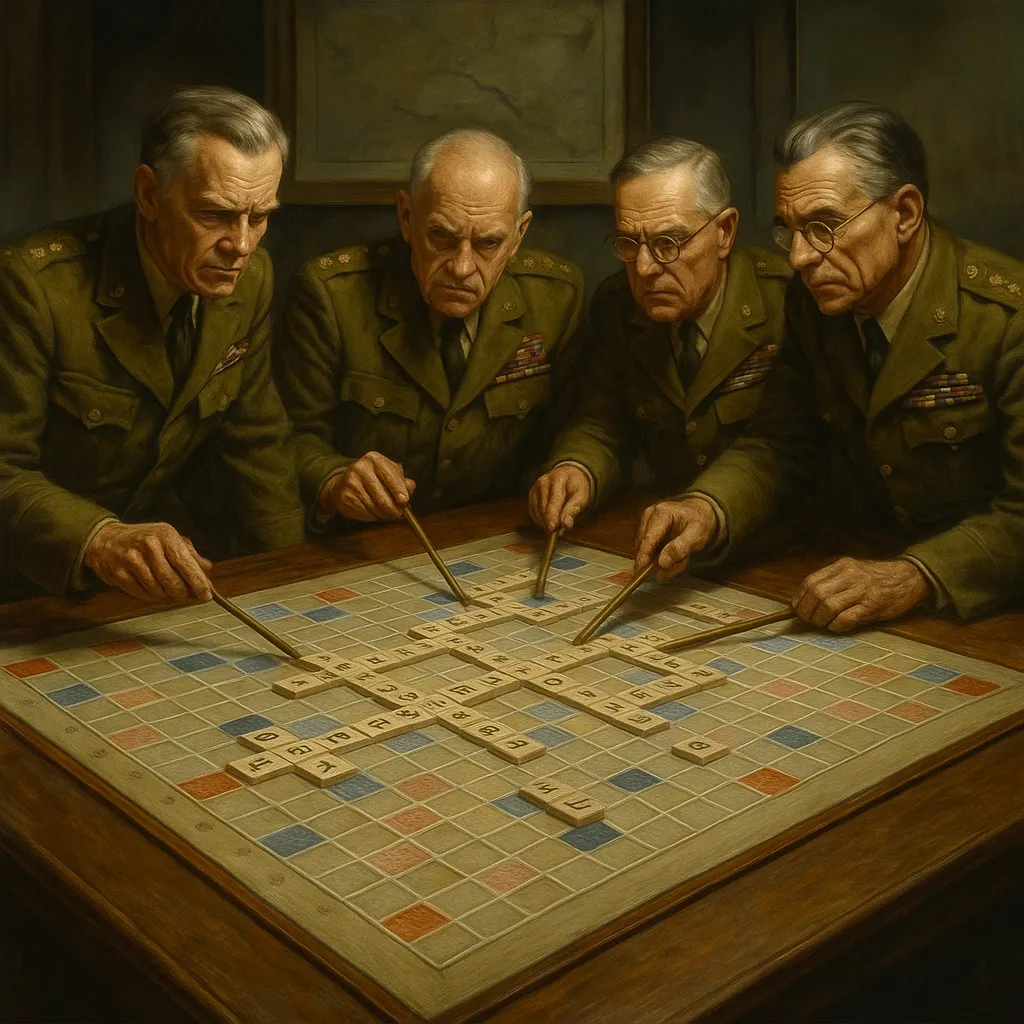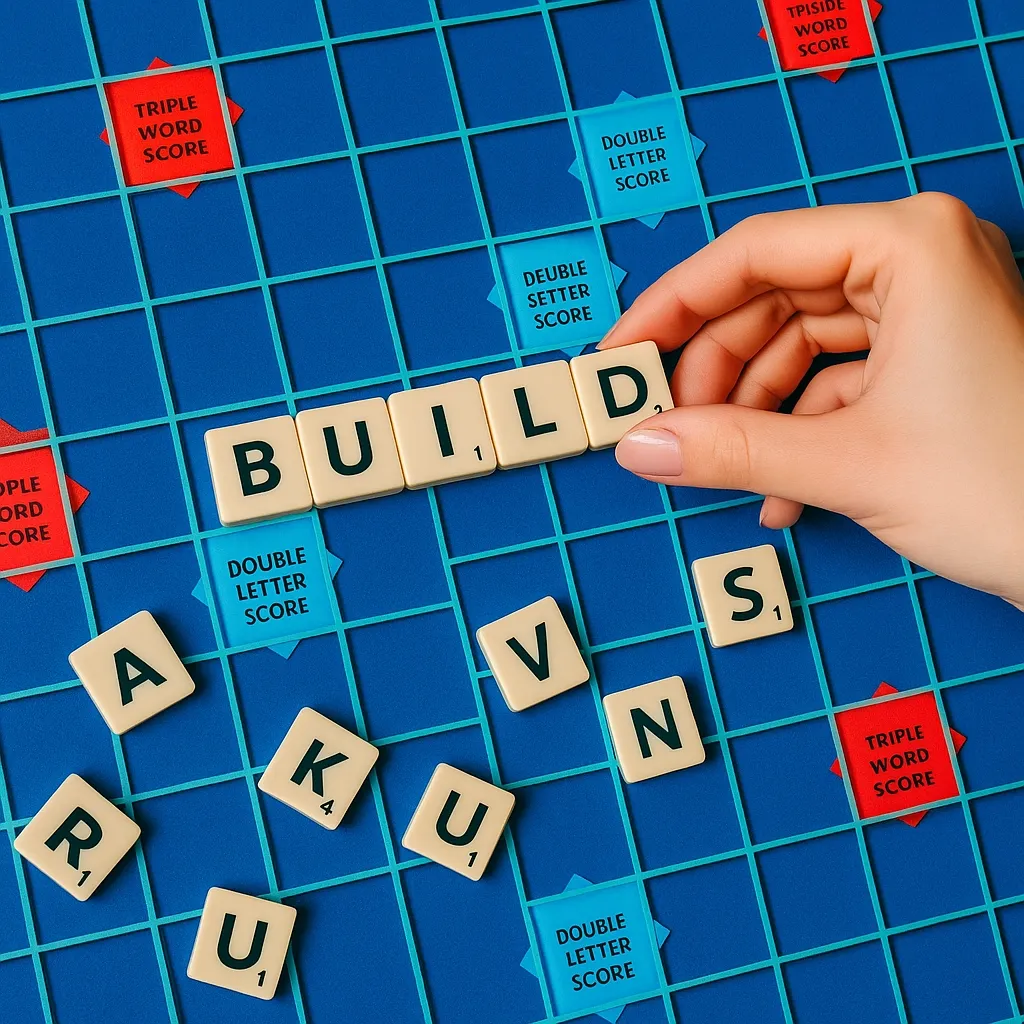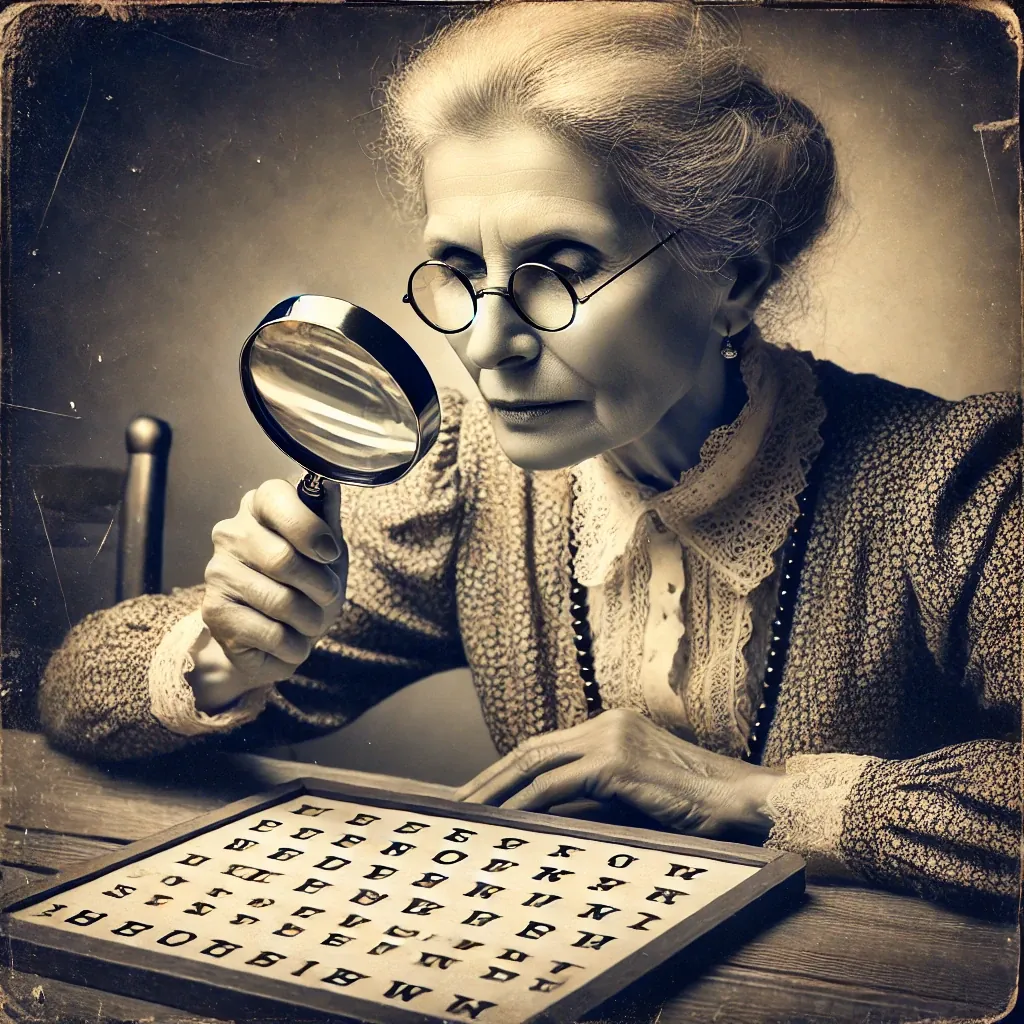Scrabble Dictionary & Word Finder – Check Words, Create Anagrams
Word Play – Creative Anagrams and Word Games - Articles
Advanced Scrabble Dictionary Strategies: From Beginner to Master
Learn how the best Scrabble players use anagram finders and online dictionaries to discover perfect words, maximize points, and think strategically.

Advanced Scrabble Dictionary Strategies: From Beginner to Master Online Scrabble Dictionary: Your Key to Victory Looking for a way to win at Scrabble more often? Want to know how the best players form ideal words from their tiles and squeeze out every point? The answer is simple: an anagram finder and an online Scrabble dictionary, like Wordfy.app, are your greatest allies. I'll show you how to transform an ordinary game into a master strategy using the right tools. How to Effectively Search for Words from Your Scrabble Tiles? Many beginner players simply type their letters into a search engine and hope for luck. But masters know that an anagram solver for Scrabble can be used much more cleverly. Adding to Existing Words (aka “Hooks”) Instead of building words from scratch, attach a letter to an already placed word on the board. Example: On the board, you have „HOME“. Add an „S“ and search in the Scrabble dictionary for words like „HOMES“ – you might find „SHOEMAKER“, „MOHS“,...
2025-06-22, Category: Word Play
Scrabble Extensions – How to Turn One Word into a Winning Move
Learn how to use extensions in Scrabble to score more points. Discover different types of extensions and strategic tips to improve your gameplay.

Scrabble Extensions – How to Turn One Word into a Winning Move What Are Extensions in Scrabble and How Do They Work? In Scrabble, an extension means adding one or more letters to a word that’s already on the board. Most often, letters are added at the beginning or at the end of a word – though advanced players sometimes modify the middle as well. Example? Someone plays “run”, and you add “s” to make “runs”. Looks simple? Maybe, but if the new word hits a premium square, your score can multiply quickly. Plus, extensions often create new intersecting words – which means even more points. Experienced players practice extensions using tools like the Scrabble word finder, which suggests not just playable words from your letters, but also possible extensions of existing words on the board. Types of Extensions: Beginning, End, and Middle The most common type is the end extension. For example, “play” → “playing” or “player”. These are easy to spot, but also highly competitive on the b...
2025-06-15, Category: Word Play
The Hidden Power of Letters: How Frequency Influences Your Scrabble Game
Discover which letters are most and least common in English words. Learn how data on letter frequency and position can help you plan moves better and score more points in word games like Scrabble.

The Hidden Power of Letters: How Frequency Influences Your Word Game Strategy Why Letter Statistics Matter Word games like Scrabble require more than just a vast vocabulary. They demand strategic management of your available resources—the letters on your rack—and leveraging the opportunities the board presents. The key to mastery lies in understanding the "language of the board," which is closely tied to the frequency of individual letters in English. Knowing which letters are most and least common, and where they typically appear in words (at the start, end, or multiple times?), can give you a significant strategic edge. What English Statistics Reveal: Analyzing Letter Data By analyzing large datasets of English words, we can uncover fascinating patterns regarding letters. The available data shows that: The most frequently encountered letters are primarily vowels (E, A, I, O, U) as well as common consonants (R, T, N, S, L, C, D, P, M, G, H...). They are the fundamental buildin...
2025-05-17, Category: Word Play
Linguistic Curiosities – Anagrams, Palindromes, and Other Unusual Word Forms.
The English language is full of riddles – anagrams, palindromes, lipograms. Explore hidden meanings of words and literary experiments.

Linguistic Curiosities – a detailed guide The English language, often seen as a maze of complex grammar and tricky exceptions, hides a surprisingly playful side. Beneath the apparent rigidity of tenses and the twists of spelling lies a world of linguistic paradoxes, historical puzzles, and artistic experiments. It is in these subtle aspects, often overlooked in textbooks, that the true nature of English reveals itself: a living entity that has long been playing with forms, meanings, and sounds. This article uncovers forgotten chapters of linguistic history, showing how literary mischief blends with mathematical precision. Did you know that medieval scribes composed sentence-billboards advertising salvation? Or that the modern mispronunciation of words like “aks” instead of “ask” has its roots in historical phonetic shifts? From palindromes that reflect meaning like a mirror, to pangrams crafted with the precision of a chess puzzle – each of these forms is a testament to unbr...
2025-02-18, Category: Word Play
Word Creation – Creative Play with Words and Neologisms
How to invent new words and play with language? Discover creative techniques for word creation and craft unique neologisms!

Creative Wordplay – How to Invent Your Own Neologisms? Basics of Word Creation: Where to Start? Word creation is an art that combines logic and creativity. Start by observing existing words – notice how prefixes and suffixes change meanings. For example, "run" becomes "rerun" or "runscape". Experiment by blending roots: "book" + "hungry" = "bookhungry"? Why not! The key is to make the new word sound intuitive. Don't fear mistakes – even absurd inventions like "teacrash" (from tea and crash?) can spark inspiration. The essence is to play freely – language evolves thanks to those who dare to break the rules. Dialects and slang are also great sources. Regional terms like "bubbler" (for water fountain in parts of the US) show how culture shapes words. Try to create words for things that have no name in standard English – for example, "snow dust" could become "fluffmist". Remember, neologisms often emerge from communication needs. When you lack a word to describe a feeling of mixed nostalg...
2025-02-07, Category: Word Play